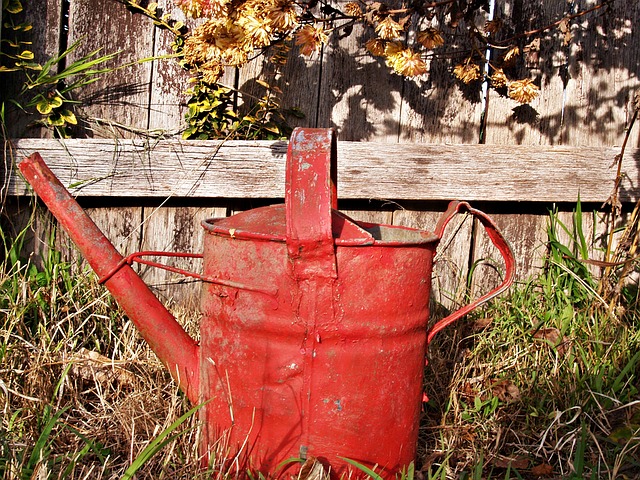Originally, Permaculture was a land based system, all about who to do agriculture in a more ecologically sound way. As it evolved, its practitioners started to apply its tools to other aspects of life. That’s how ‘permanent agriculture’ turned into ‘permanent culture’. I am particularly drawn to Permaculture as applied to the ‘Peoplecare’ Ethic and using it them to change our own lives and attitudes for the good of the planet.
Each of the principles as expressed by David Holmgren is associated with one or two proverbs. The principle ‘produce no waste’ goes with ‘waste not, want not’, and ‘a stitch in time saves nine’. With proper maintenance, we can extend the life of our buildings and tools. We can make sure that we don’t need to waste time doing big complicated repair jobs or throw something away.
To help me reflect on each of the Permaculture design principles as they relate to my life and relationships, I’m using Looby Macnamara‘s book People & Permaculture. For each principle, Looby offers questions for reflection.
For ‘produce no waste’ the question that stood out for me was: ‘What needs maintaining in your life?’
As I considered this, I instantly felt overwhelmed. There is so much in my life that could do with regular maintenance but hardly gets any.
My life revolves around our building project. My husband and I are doing all the renovation work on our house ourselves. Which means we have to work on it every day, when possible. I’ve developed some muscles I never knew I had, but it can still be very tiring. As a result, we have to prioritise, which means that a lot of things get less attention than they deserve.
The worst part of that is the garden. The house is surrounded by ¾ of an acre of old orchard where my parents-in-law made a beautiful ornamental garden. Although I’ll be growing some vegetables in my raised bed by the south facing wall of the house this year, I simply do not have the time to maintain the rest of the garden. Actually turning the now rather overgrown garden into a food producing system will simply have to wait until the house is done.
That, and many other things, causes me a measure of guilt and anxiety. I love sitting out in the garden for my daily meditation. Now that Spring has come, just doing that confronts me with brambles that are starting to grow again, and roses that need pruning, and a million other tasks. But my body has its limits, it can only do so much, and I have to make a choice.
I probably waste quite a lot of time and energy simply by feeling overwhelmed by all the stuff that isn’t getting done. That feeling also stops me from recognising the joy that is so clearly present in this garden as well. I am not harvesting the yields it so generously gives.
And that bit is crucial. The Permaculture design principles are not meant to be separate tools. They are connected and interact with each other in many wonderful ways.
The principle ‘obtain a yield‘, with its proverb ‘you can’t work on an empty stomach’ comes to my rescue here. If I turn towards the positives, and remember to be grateful for all the beauty I’m constantly surrounded by, I will feel well nourished and supported.
Simple gratitude counterbalances and reduces, that overwhelmed feeling. It gives me more of an incentive to go out and just enjoy being in the garden. All to the good of my practice as a Druid. Meditation is easier without the various tasks pulling at my attention. With gratitude and appreciation, I create a joyful space to develop my relationship to the different beings that people my garden: from oak tree to bumblebee.
And I bet some more maintenance will get done while I’m out there as well.
Image by Kate Cox on pixabay.com
